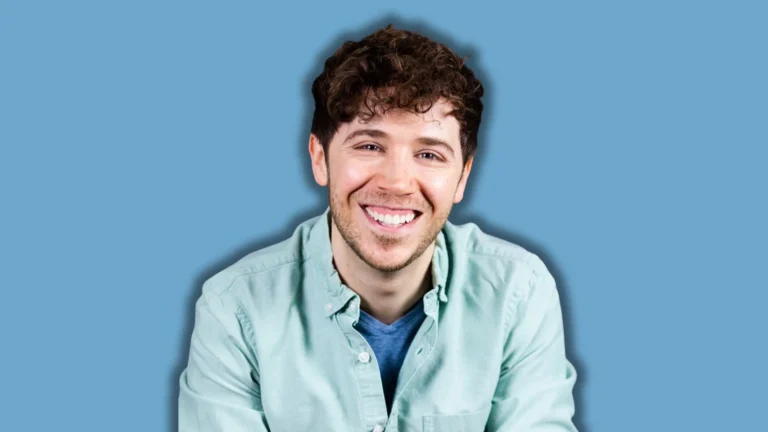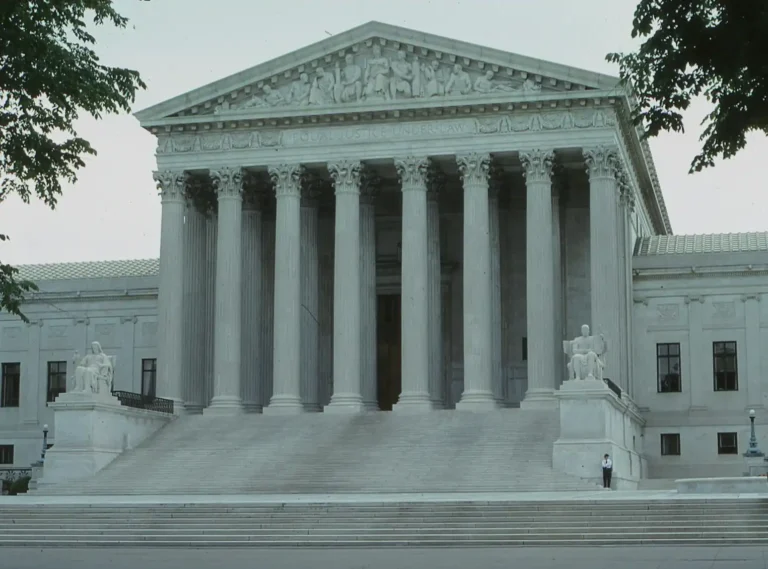NEWS RELEASE from MORALITY IN MEDIA, Inc.
NEW YORK (11 December 2001) –In a report issued today, “Generation Rx.com: How Young People Use the Internet for Health Information,” the Kaiser Family Foundation says that seventy (70%) of teenagers (defined as ages 15-17) “have accidentally come across pornography on the Web.” Fifty-seven percent of the teens said “being exposed to pornography would have serious impact on kids under 18,” while 41% teens responded that such exposure is “no big deal.”
Robert Peters, president of Morality in Media, had the following comments regarding the shockingly high rate of accidental exposure:
“Clearly, there is a major failure of adult responsibility when almost three out of four teens report they have accidentally come across pornography on the Web. The biggest failure of responsibility lies with federal and state prosecutors who turn a blind eye to obscenity on the Internet. If obscenity laws were being vigorously enforced, the last thing hardcore pornographers would want to do is draw attention to their vile wares by engaging in reckless marketing methods. If vigorously enforced, there would also be much less pornography to accidentally stumble across.”
“But prosecutors aren’t the only ones at fault. Some ISPs provide parents with an option to filter out the pornography, but they refuse to block access to even illegal pornography unless a parent requests filtering. Some on-line services have rules against pornography, but they refuse to actively monitor use of their services for violations.
“Many libraries and schools refuse to install screening technology — arguing that rules and monitoring computer use can protect children from Internet porn. Even assuming such means discouraged teens from actively seeking pornography, how do they protect from accidental exposure?
“Part of the blame must also fall on parents who don’t use screening technology on their home computers; but no technology is perfect and technology on home computers cannot protect kids when they are at school or work or at a friend’s house or the library.”
The Kaiser Family Foundation‘s report noted that while a majority of teens believe exposure to on-line pornography could have a serious impact, “a sizeable minority (41%) says such exposure ‘is no big deal.'” This latter attitude was challenged by Dr. Mary Anne Layden, of the University of Pennsylvania, and Dr. Judith Reisman, author of Kinsey, Crimes and Consequences and Soft Porn Plays Hardball.
Dr. Layden said she wasn’t surprised by the “no big deal” attitude some kids have about Internet porn. “A sizable minority of teens thinks that unprotected sex, cocaine, underage drinking, cigarette smoking, drag racing and quitting school won’t hurt them either. Deciding on what is harmful to kids is not a democratic process with the children having the only votes,” Dr. Layden told Morality in Media.
Dr. Layden continued, “The messages of Internet pornography are psychologically toxic, untrue, difficult to undo and are shaped by individuals whose goals are to make money without concern for the consequences. You wouldn’t allow the drug pusher on the corner to come into your home, school or library and teach your child about medication. Why would you allow the sex pusher on the Internet to come into your home school or library and educate your child about sexuality? We owe it to our youth to give them the best, protect them from the worst, and to use our wisdom, education and experience to decide which is which.”
Dr. Layden also noted that the pornographic images children receive “are permanently implanted in the brain and the unhealthy messages these images support are not easily talked away.”
In a December 2001 Release – Editorial (New Jersey Family Policy Council), “The Problem With Library Porn,” Dr. Reisman noted that according to statistics provided to her by the Department of Justice in July 2001, there were approximately 12,000 rapes “in or around schools” in 1994 and over 19,000 rapes “in or around schools” in 1999 (the most recent data available).
Dr. Reisman also wrote: “UCLA neuropsychologist Dr. Margaret Kemeny’s research implicates pornography as precipitating ‘a cascade of changes in the body that have an impact on health.’ This supports former Surgeon General Everett Koop’s diagnosis of pornography as a ‘crushing public health problem.’… Gary Lynch, University of California at Irvine neurologist corroborates these assessments. Brain research, he explains, reveals that what one sees in three-tenths of a second, ‘has produced a structural change that is in some ways is as profound as the structural changes one sees in [brain] damage.’ It can ‘leave a trace that will last for years.’
She continued, “[M]ost rational Americans want porn filtered from our libraries and will agree that…brain scientists are ‘onto something’ about how pornography harms individuals and society.”
Author: MIM 12/11/2001




